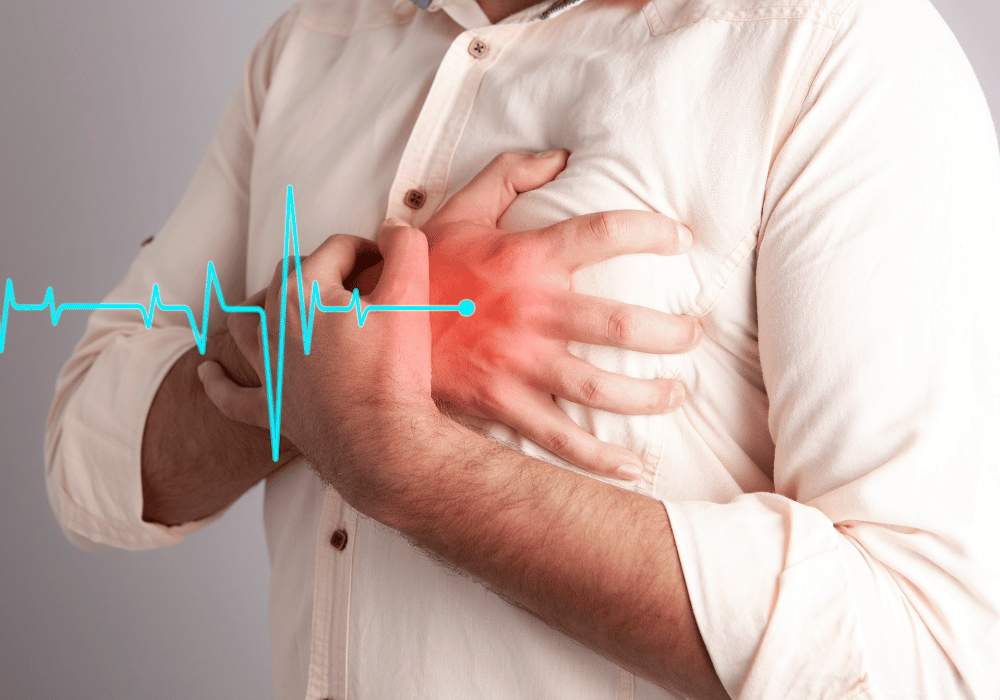Heart attacks are a serious medical emergency and can happen to anyone, even without any pre-existing heart conditions. According to the American Heart Association, about every 40 seconds, someone experiences a heart attack. Therefore, it is essential to know the signs and symptoms of a heart attack so that appropriate and timely treatment can be received, potentially saving lives.
Let’s discuss the common symptoms of a heart attack to help you recognize and seek medical assistance without delay.
Chest pain or discomfort:
The most common and significant symptom of a heart attack is chest pain or discomfort, which can feel like pressure, squeezing, fullness, or even discomfort in the chest area. The pain can also radiate to the back, arms, neck, stomach, or jaw – and can last anywhere from a few minutes to several hours.
Shortness of breath:
Feeling short of breath or having difficulty breathing can occur with or without chest pain and is another symptom of a heart attack. This symptom often leads to a sense of panic or anxiety, which can worsen the symptoms.
Sweating:
Sweating can occur with or without exertion and is another common symptom. It can be severe or subtle, and you can feel cold and clammy even when the temperature is warm.
Nausea and vomiting:
Nausea and vomiting can be symptoms of a heart attack, often accompanied by other symptoms such as shortness of breath, sweating, or chest pain.
Fatigue:
Unusual fatigue or weakness can be an early warning sign of a heart attack. If you notice that you are unusually tired or weak and have any of the other symptoms mentioned, seek medical attention as soon as possible.
Recognizing the symptoms of a heart attack can be life-saving, and prompt action is essential when you feel unsure about these symptoms. If you, or anyone you know, experience any symptoms of a heart attack, call for emergency medical assistance immediately. It is important not to delay getting the help your body needs. Informing yourself and others about the common symptoms of a heart attack can also raise awareness and potentially save lives.


